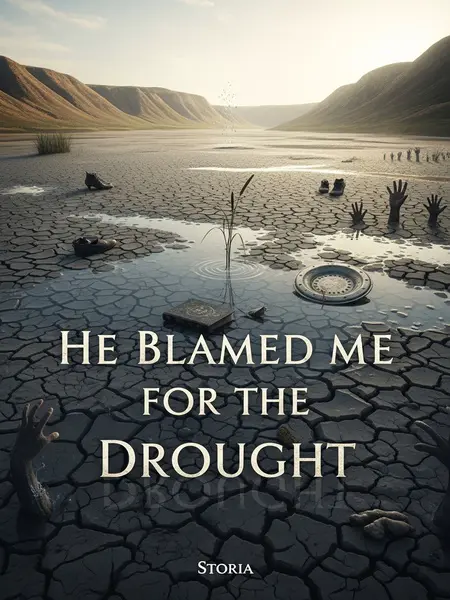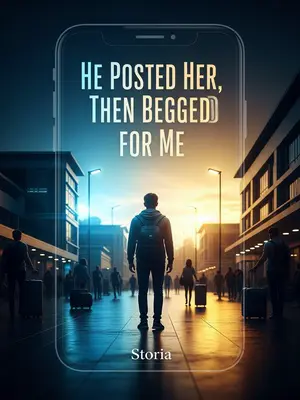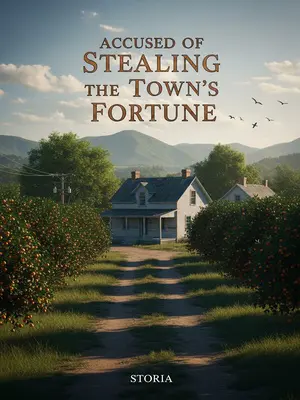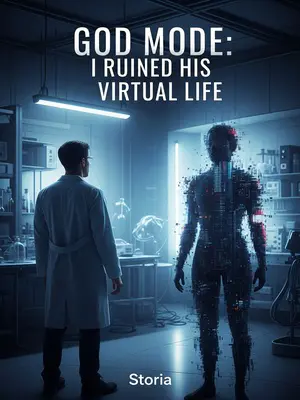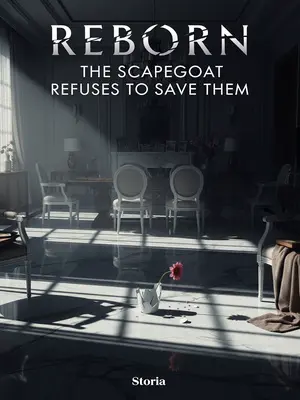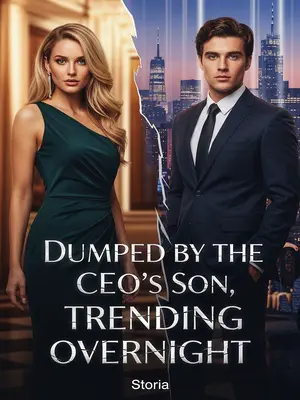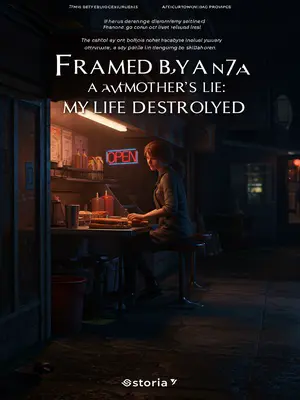Chapter 3: The Hustler’s Bargain
He held it out, eyes twinkling. The gesture was oddly sincere, like he honestly wanted to share.
I frowned and pushed it away: “No.”
The smell was tempting, but I shook my head. I didn’t want to owe him anything, not even a taste.
He peeled it and stuffed it into his own mouth: “Suit yourself.”
Juice dripped down his chin, and he wiped it away with his sleeve. “More for me,” he said, grinning.
“Everyone thinks the spirits accepted the offerings, so at least there’s hope, and the President won’t be in a hurry to fire me.”
He sounded almost proud, as if he’d pulled off a clever trick. “It’s a win-win, why not do it?”
I couldn’t be happy at all. Not even a little.
His words stung, somehow. I stared at the ground, feeling the weight of responsibility settle on my shoulders like a heavy, wet coat.
Squatting there gloomily, I muttered, “Could you eat a little less…”
It was a weak protest, but it was all I could manage. I felt small and useless, like a ghost haunting a place nobody wanted.
I’m a spirit who just muddles through. That’s all I’ve ever been.
That’s always been my way—keep my head down, don’t draw attention, hope for the best. But now, even muddling through felt like too much.
But I know, if you accept people’s offerings, you have to fulfill their wishes. That’s the rule.
That was the rule, old as rain itself. Take the gift, grant the wish. But what if you had nothing left to give?
I was squatting gloomily on the riverbank, my thoughts interrupted by the cheers of the crowd.
The sound rolled over the fields, loud and sudden. I flinched, looking up to see people streaming toward the river, eyes bright with hope.
They couldn’t see me, but they gathered in small groups, surrounding the preacher in dark robes. They looked like a festival crowd, but the hope in their eyes was sharp, almost painful.
He stood in the center, arms raised, basking in their admiration. His robe fluttered in the breeze, and for a moment, he almost looked like a real preacher.
“The rain spirit really accepted the offerings, that’s great, the rain spirit is going to show a miracle, we’re saved.”
Their voices blended together, rising and falling like a hymn. Some folks wept openly; others clapped each other on the back. It was hope, raw and unfiltered, almost frightening in its intensity.
“When it rains, the rivers and lakes will fill up, and we can plant crops.”
You could see the future in their eyes—fields of green, full pantries, children laughing by the water’s edge. It was a dream, and for a moment, it almost felt real.
People talked excitedly, imagining a future of abundance. It was contagious.
They made plans—who would plant what, who’d fix the old mill, who’d throw the first barbecue when the rain finally came. It was all so fragile, but they clung to it like a lifeline.
Someone asked the preacher, “But the weather is still dry and hot. Can you ask the rain spirit when he’ll send rain?”
The question hung in the air, heavy as thunder. The preacher didn’t flinch—he just smiled, smooth as ever, not missing a beat.
The preacher lied with a straight face: “It takes the right time, place, and people. It can’t be rushed.”
He sounded so sure, so calm. Folks nodded, some grumbling, others just accepting. After all, what choice did they have?
Someone snorted: “Can’t be rushed? The drought’s lasted three years, not a single ear of corn has been harvested. If I could meet the spirit, I’d only want to ask: what exactly did we humans do wrong to deserve this punishment from above?”
His voice was sharp, angry. The crowd shifted, uneasy. Nobody wanted to talk about blame, not really.
Someone nearby hurried to hush him: “Don’t say such things.”
Superstition runs deep. Folks believe words have power, especially when the world’s gone wrong. The man fell silent, but his eyes stayed hard, burning with questions.
That person fell silent. The crowd grew tense, waiting.
You could feel the tension in the air, thick as humidity before a storm. Everyone was waiting for something—anything—to break the silence.
A frail old woman walked out of the crowd and knelt on the riverbank.
She moved slowly, her bones creaking. Her dress was faded, her hair pulled back in a tight bun. She knelt with dignity, hands clasped in prayer. The crowd watched her, some wiping away tears.
People followed her lead, and soon the riverbank was filled with sobbing.
One by one, they dropped to their knees, voices rising in a chorus of pleading. The sound was heartbreaking—raw, honest, desperate. It echoed across the fields.
“We humbly beg Lord Rain Spirit to send rain…”
The words echoed across the valley, carried by the wind. I felt them settle on my shoulders, heavy as a downpour that never came.
“Please, my child at home is seriously ill, hasn’t had a drop of water for three days…”
Her voice broke, and someone nearby reached out to comfort her. The crowd pressed closer, united in their need.
“Please save my wife’s life…”
The pleas kept coming, each one sharper than the last. I wanted to help—I really did—but I was empty, dried up inside and out.
…
The prayers blurred together, a river of grief and hope. I wanted to cover my ears, to run away, but there was nowhere left to hide.
